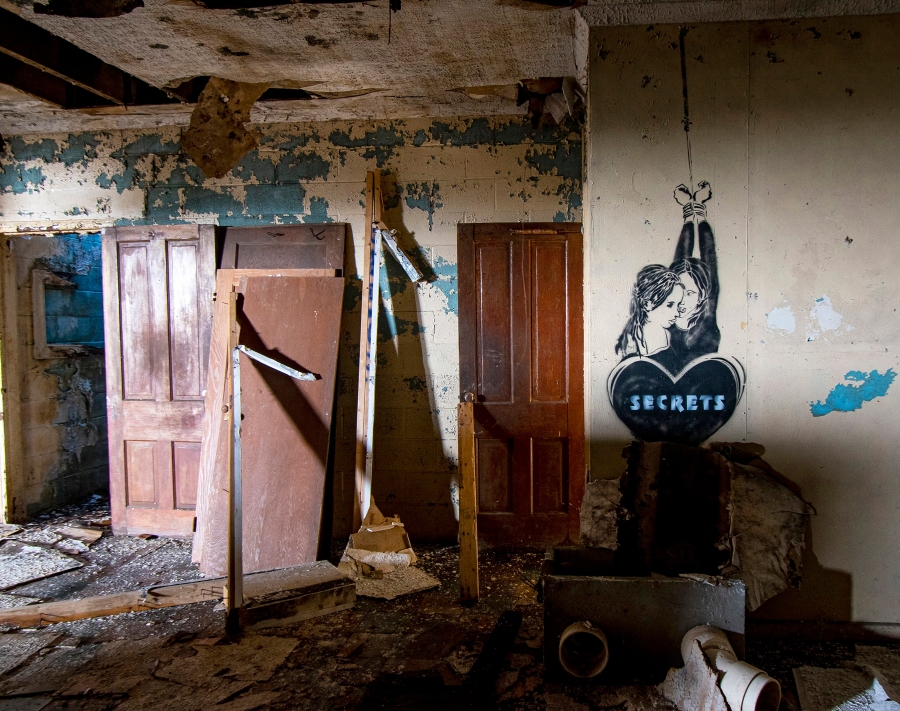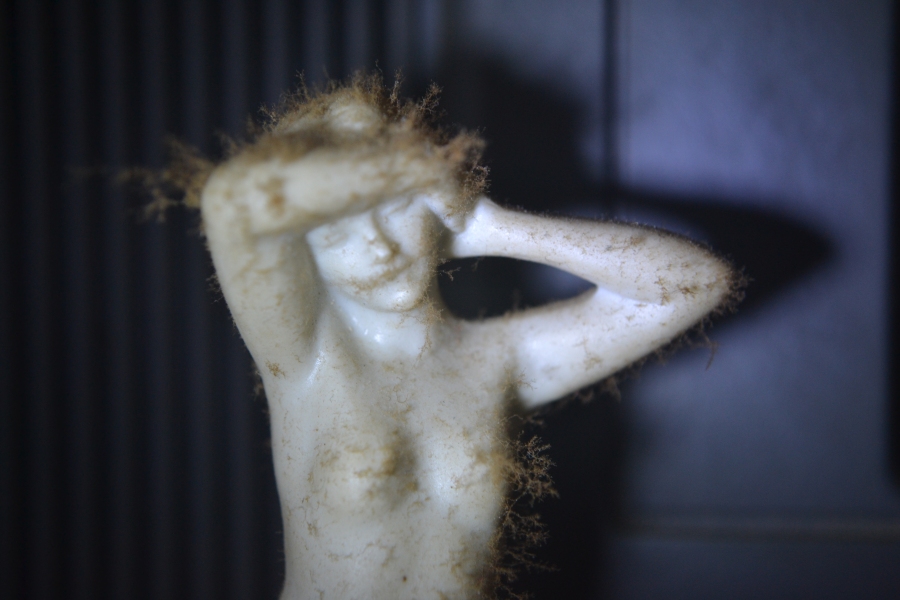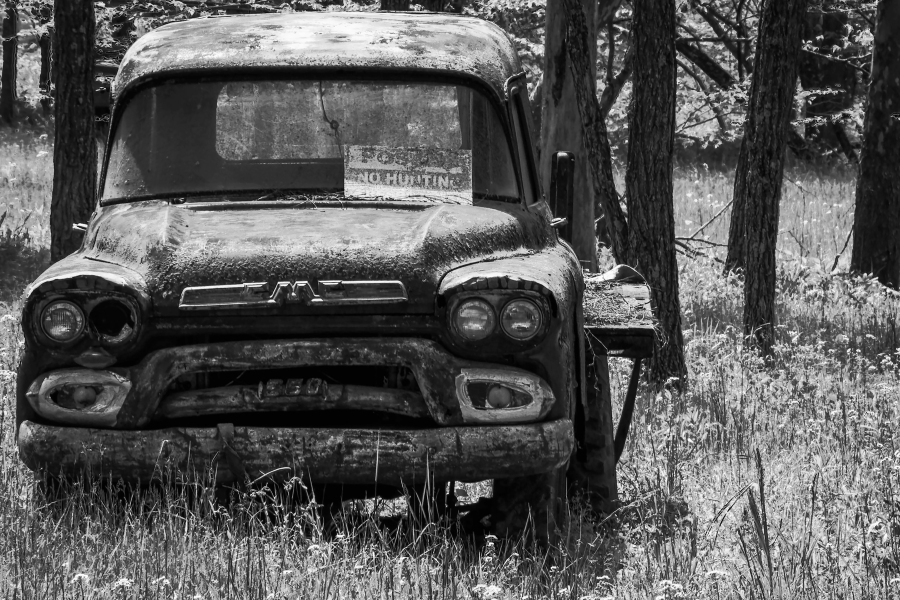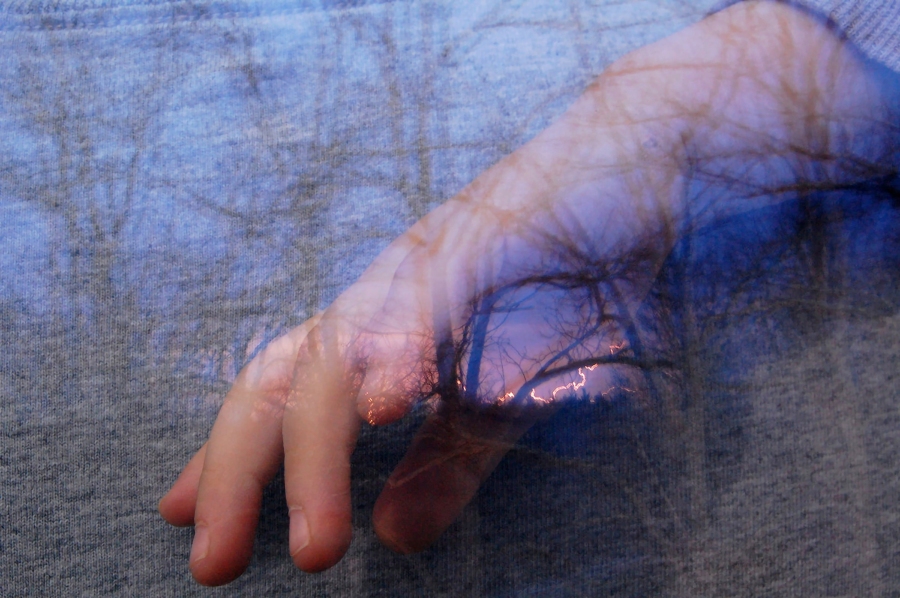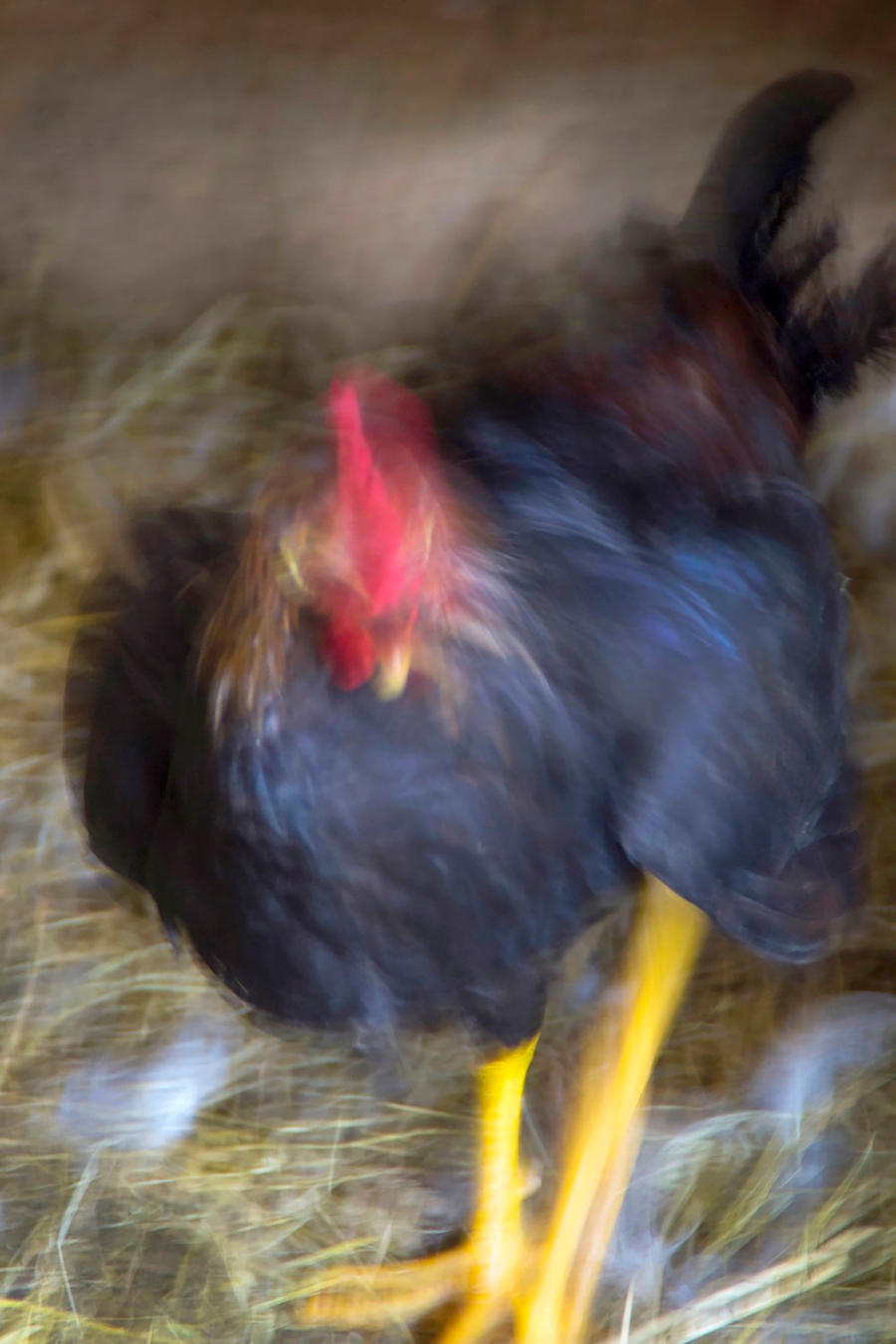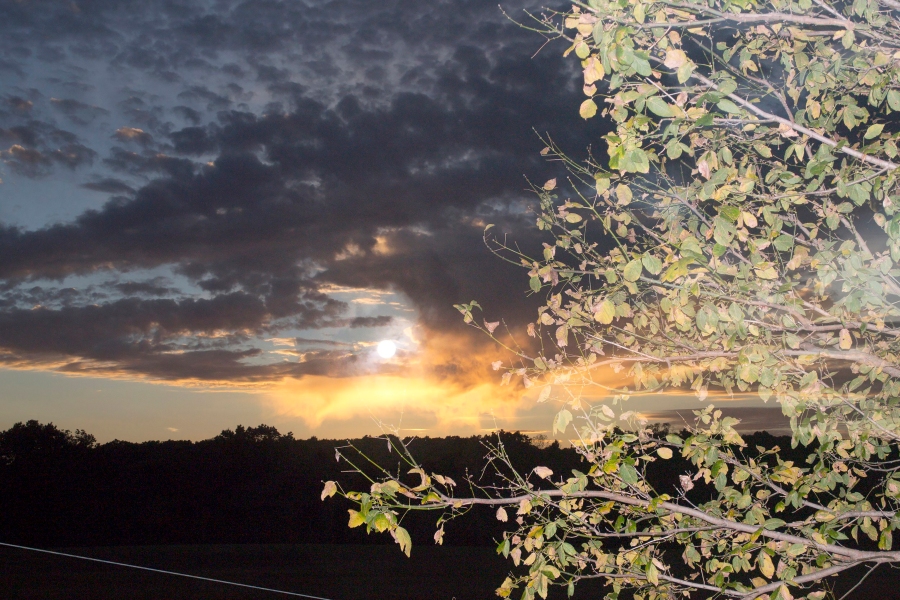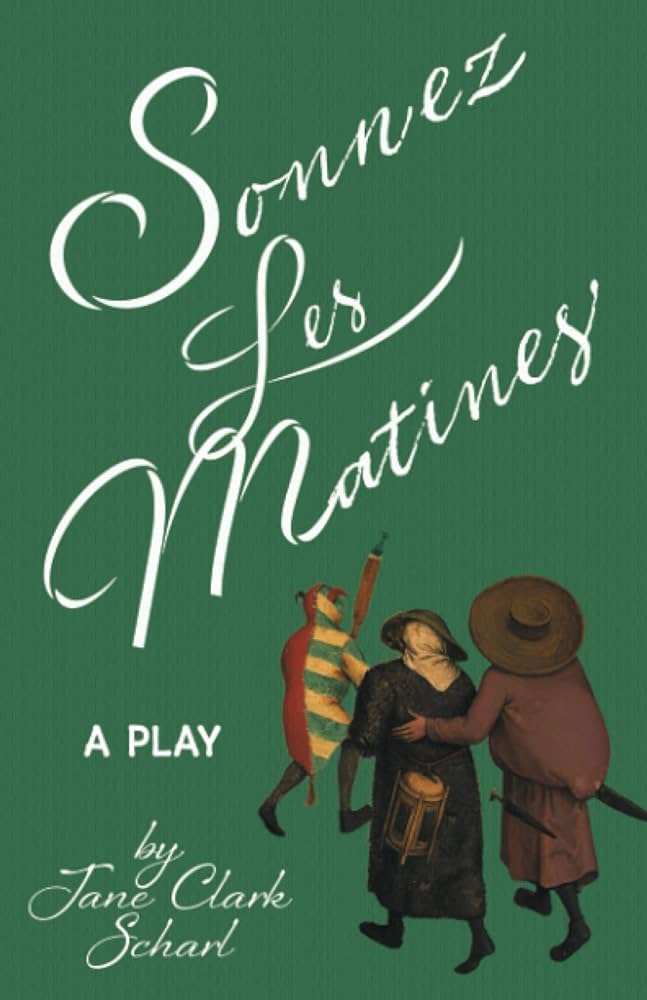Arizona Snow Globe
By Dan Wriggins
I needed two thousand dollars by Friday.
You deadheaded a daisy. I googled
precipitously. You beat the welcome mat.
I had a related question. You wore a hat in a place
where it was considered not the vibe
to wear hats. I choked
on the billowing dust. You buttered a bone
surgeon. I listened to a song you said was money.
You drew five cards (unlucky)
in a row. I dug my heels into the belly
of the mule. You ladled bathwater.
I couldn’t get the mule to move. You tied a sheet
bend in our yo-yo string. I chased a chicken
under a canoe. You had a serious moment
on the tilt-a-whirl. I rearranged
according to aura. Green, indigo, black. You re-
heated soup. I smoked one
down to the filter. You waltzed
with failure in your mind. I possessed a drunk
driver. You roadkill.
I tried pouring coffee on the music.
Why not at least try? You looked at me
like a stalled motorboat.
I asked how many copies we could move
and how fast. You synthesized
a boring diamond. I signed petition
after pathetic petition. You shook
a snow globe. I proposed posting up under a tree
until the whole thing blew over. “Darling,”
you said, “I don’t have the keys to that
apartment.” I focused on a hubcap.
You bought a falafel truck
because apparently Jesus had
a falafel truck, and we can always inch
closer. Everything I did to make you happy.
Everything you did. You chucked a stick in the river
and it floated around.
Read More


